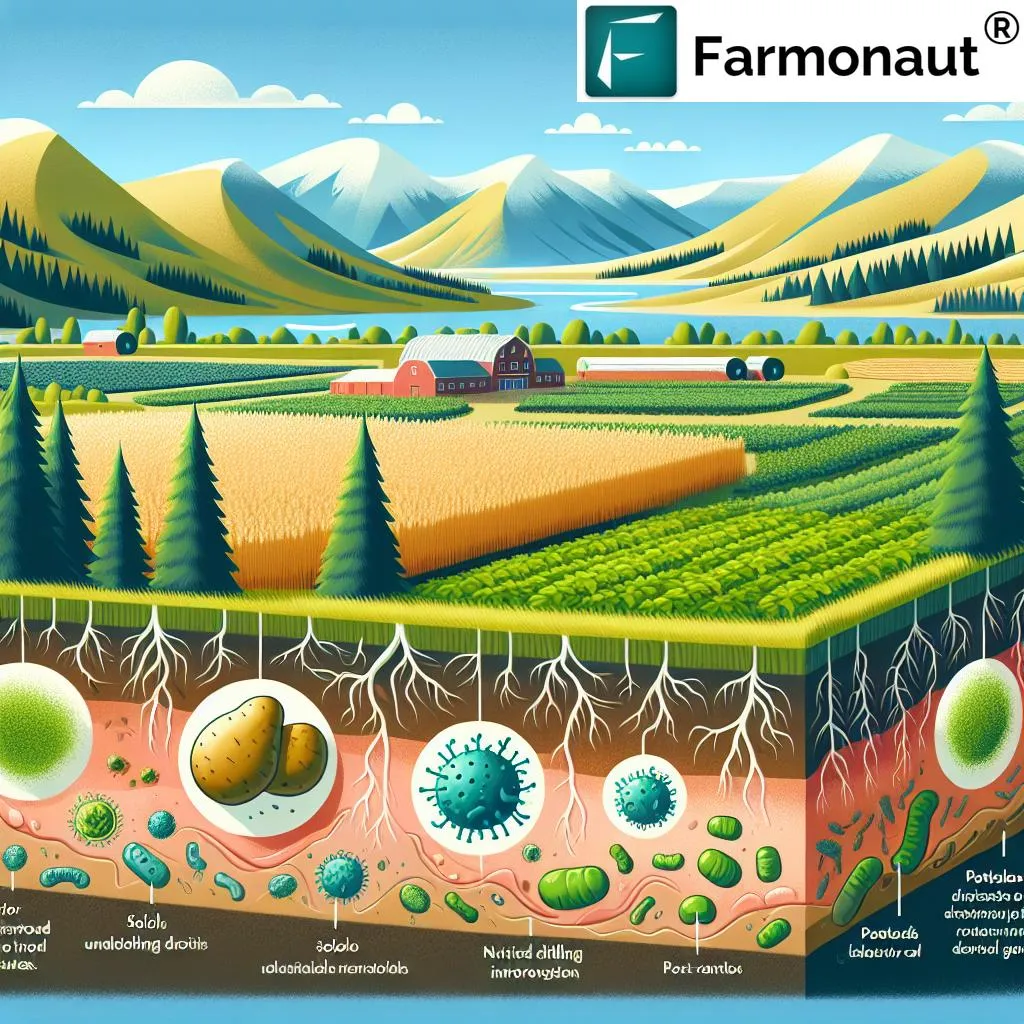In the quest for sustainable agriculture, scientists are turning to an unlikely ally: beneficial soil bacteria. A recent study published in *Frontiers in Microbiology* (translated to English as “Frontiers in Microbiology”) sheds light on how these microscopic organisms can revolutionize farming practices, enhance food security, and promote environmental health. The research, led by Carlos Sabater, explores the potential of plant growth-promoting bacteria to reduce reliance on chemical fertilizers and pesticides, offering a promising pathway to sustainable farming.
Soil microbes, including bacteria and fungi, are the unsung heroes of agriculture. They play a crucial role in nutrient cycling, enhancing soil structure, and promoting plant growth. Among these, species like Bacillus and Paenibacillus stand out for their ability to improve nutrient uptake, suppress pathogens, and enhance plant resilience to environmental stress. “By employing these natural bacterial species, farmers can rely less on chemical fertilisers and pesticides, helping the environment and improving soil health,” says Sabater.
The study highlights the potential of genome mining to design novel consortia of soil bacteria. For instance, combining strains like Paenibacillus odorifer, P. xylanilyticus, and Streptococcus cellostaticus can maximize enzyme activities that break down complex carbohydrates, nourishing plants with simpler sugars. Additionally, the combination of these strains with Arthobacter humicola could be instrumental in metabolizing lignocellulosic substrates, reducing and revalorizing food waste from the food production cycle.
The implications for the energy sector are significant. As the world seeks sustainable solutions to food production, the use of beneficial soil bacteria offers a natural and eco-friendly alternative to traditional methods. This approach not only enhances crop yields but also contributes to the circular economy by reducing waste and improving resource efficiency.
Sabater emphasizes the importance of future research and development in optimizing microbial delivery to different soils and understanding the complex interactions within the soil microbiome. “Soil bacteria play a pivotal role in advancing One Health by mediating interactions across human, animal, and environmental health,” he notes. This holistic approach underscores the interconnectedness of health and sustainability, paving the way for innovative solutions in agriculture and beyond.
As the world grapples with the challenges of climate change and food security, the insights from this research offer a beacon of hope. By harnessing the power of beneficial soil bacteria, we can move towards a more sustainable and resilient agricultural future. The study, published in *Frontiers in Microbiology*, provides a compelling case for the integration of microbial technology in modern farming practices, setting the stage for a greener and more prosperous tomorrow.

